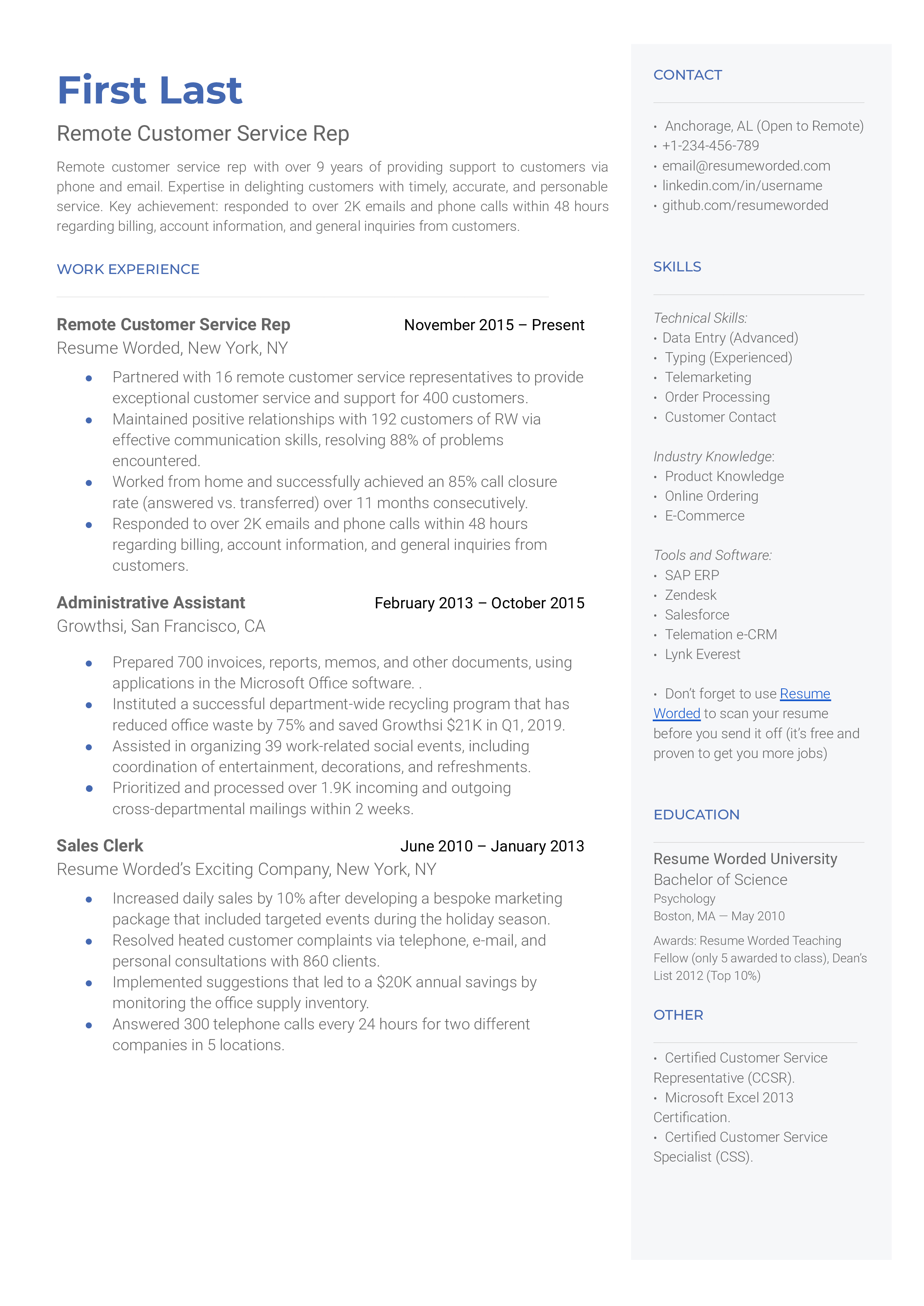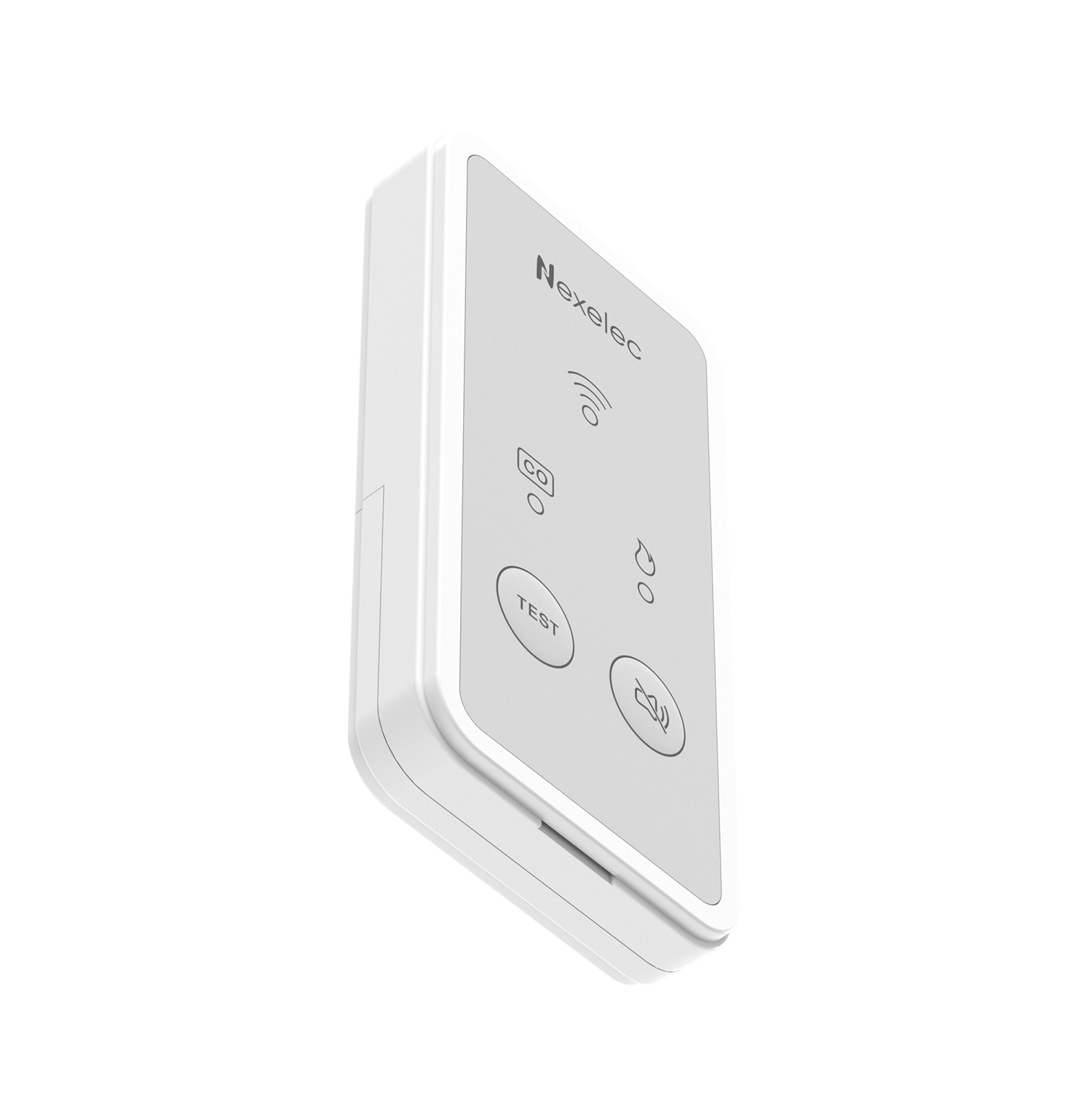In today's fast-paced digital era, remote operations have become a cornerstone for modern businesses. RemoteIoT batch job examples provide valuable insights into how organizations can leverage automation and data processing in remote environments. Whether you're a developer, IT professional, or decision-maker, understanding this concept is essential for optimizing workflows.
As the Internet of Things (IoT) continues to expand, the ability to process large datasets remotely is becoming increasingly important. RemoteIoT batch jobs simplify the handling of repetitive tasks, allowing businesses to focus on more strategic initiatives. This article will delve into the nuances of RemoteIoT batch job examples and their applications.
By the end of this guide, you'll gain a deeper understanding of how RemoteIoT batch job examples work, their benefits, and the best practices for implementation. Let's explore how this technology can revolutionize remote operations.
Read also:Unveiling The Mystery The Undertakers Enigmatic Return
Table of Contents:
- Biography of RemoteIoT Technology
- Understanding RemoteIoT Batch Job Example
- Benefits of RemoteIoT Batch Jobs
- Implementation Steps
- Tools for RemoteIoT Batch Jobs
- Data Processing Techniques
- Challenges and Solutions
- Use Cases in Remote Environments
- Security Considerations
- Future Trends
Biography of RemoteIoT Technology
RemoteIoT technology has evolved significantly over the years, transforming how businesses handle remote data processing. Below is a brief overview of its development:
| Year | Milestone |
|---|---|
| 2010 | Introduction of basic IoT concepts |
| 2015 | Integration of cloud services with IoT |
| 2020 | Expansion into remote batch processing |
Understanding RemoteIoT Batch Job Example
What is a RemoteIoT Batch Job?
A RemoteIoT batch job refers to the automated execution of a series of tasks or processes in a remote environment. These jobs are designed to handle large volumes of data without requiring constant human intervention. They are particularly useful in scenarios where real-time processing is not necessary.
How Does It Work?
RemoteIoT batch jobs operate by scheduling tasks to run at specific intervals or under certain conditions. This ensures that data is processed efficiently and consistently. The process typically involves:
- Data collection from IoT devices
- Preprocessing and filtering of data
- Execution of predefined tasks
- Storage and reporting of results
Benefits of RemoteIoT Batch Jobs
Implementing RemoteIoT batch jobs offers numerous advantages, including:
- Increased efficiency in data processing
- Reduced operational costs
- Improved accuracy through automation
- Enhanced scalability for growing datasets
Implementation Steps
To implement a RemoteIoT batch job, follow these steps:
Read also:Colts Neck Inn Entertainment A Premier Destination For Unforgettable Experiences
- Identify the requirements and objectives
- Select appropriate tools and platforms
- Design the workflow and schedule
- Test and optimize the process
Tools for RemoteIoT Batch Jobs
Several tools are available to facilitate RemoteIoT batch processing. Some of the most popular ones include:
- Apache NiFi
- Amazon Web Services (AWS) Batch
- Microsoft Azure Batch
Data Processing Techniques
Data Collection
Efficient data collection is crucial for successful RemoteIoT batch jobs. IoT devices generate vast amounts of data, which must be gathered systematically. Tools like MQTT and CoAP are commonly used for this purpose.
Data Preprocessing
Once collected, data must be cleaned and formatted for further analysis. Techniques such as filtering, normalization, and outlier detection are essential in this stage.
Challenges and Solutions
Despite their benefits, RemoteIoT batch jobs come with challenges such as:
- Network latency in remote environments
- Data security and privacy concerns
- Scalability issues with large datasets
Addressing these challenges requires a combination of robust infrastructure, encryption protocols, and scalable cloud solutions.
Use Cases in Remote Environments
RemoteIoT batch jobs find applications in various industries, including:
- Agriculture: Monitoring soil conditions and crop health
- Healthcare: Analyzing patient data from wearable devices
- Manufacturing: Optimizing production processes
Security Considerations
Security is a critical aspect of RemoteIoT batch jobs. Best practices include:
- Encrypting data during transmission and storage
- Implementing access controls and authentication mechanisms
- Regularly updating software and firmware
Future Trends
The future of RemoteIoT batch jobs looks promising, with advancements in artificial intelligence and machine learning expected to enhance their capabilities. Additionally, the growing adoption of edge computing will further optimize remote data processing.
Conclusion
RemoteIoT batch job examples play a vital role in modern remote operations, offering efficient and scalable solutions for data processing. By understanding their benefits, implementation steps, and challenges, businesses can harness the full potential of this technology. We encourage you to explore further resources and share your thoughts in the comments below. Don't forget to check out our other articles for more insights into IoT and remote technologies.
References:
- IoT for All - https://www.iotforall.com
- IBM IoT - https://www.ibm.com/internet-of-things
- Microsoft Azure - https://azure.microsoft.com/en-us/services/batch/


